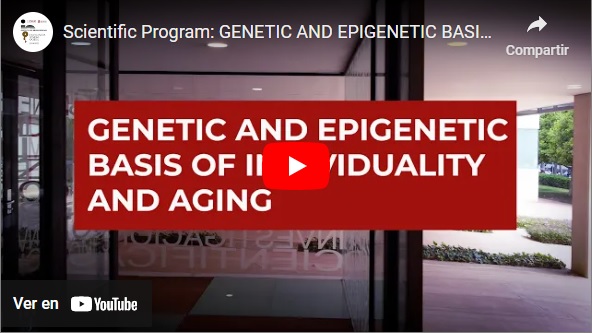Genetic & epigenetic basis of Individuality & aging
No two individuals are exactly alike, but what determines our individuality remains incompletely understood. Our behavior, as well as our susceptibility, vulnerability, and resilience to neurodegenerative and psychiatric diseases, cancer, diabetes or obesity, are influenced by genetic factors, stress, lifestyle, and pathological states like inflammation. Our genome and environment constantly interact so that response to each new experience or insult is affected by previous exposures. These complex interactions shape brain’s development, function, and pathological states, and influence an individual’s ability to receive, integrate, and react to their environment, with consequences for health and, ultimately, the way we age. The aim of this program is to bridge the gap between an individual’s past experience, environment, behaviour, and disease risk in adulthood by looking at the underlying genetic, metabolic, and epigenetic changes in the nervous system and other organs and discovering interventions to slow or delay the adult cognition decline.
Research Groups
-
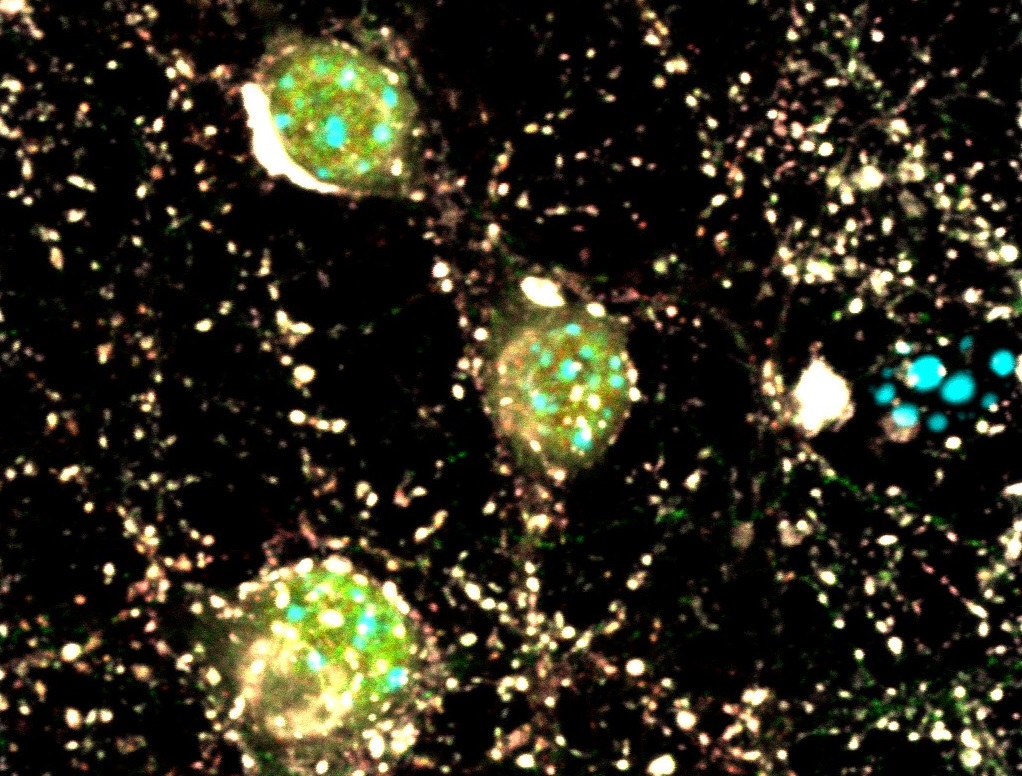 → Emerging line: Genome Architecture in neural systems (PI: R. Alcalá Vida)
→ Emerging line: Genome Architecture in neural systems (PI: R. Alcalá Vida) -
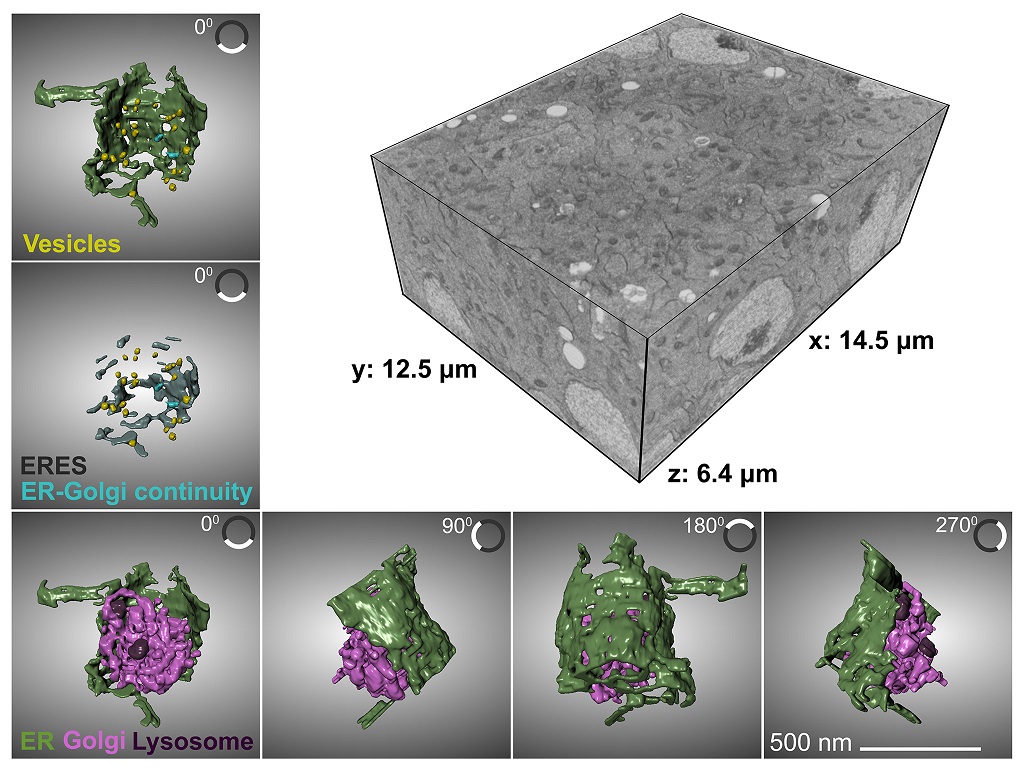 Cell-to-tissue architecture in the nervous system (PI: JC Pastor)
Cell-to-tissue architecture in the nervous system (PI: JC Pastor) -
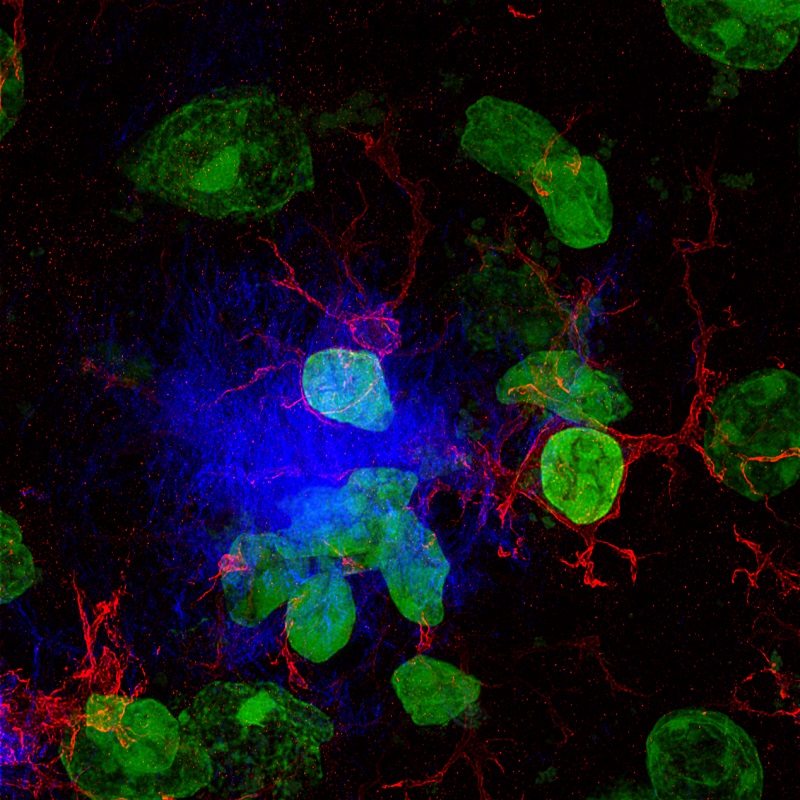 Functional Epi-Genomics of Aging and Alzheimer’s Disease (PI: JV. Sánchez Mut)
Functional Epi-Genomics of Aging and Alzheimer’s Disease (PI: JV. Sánchez Mut) -
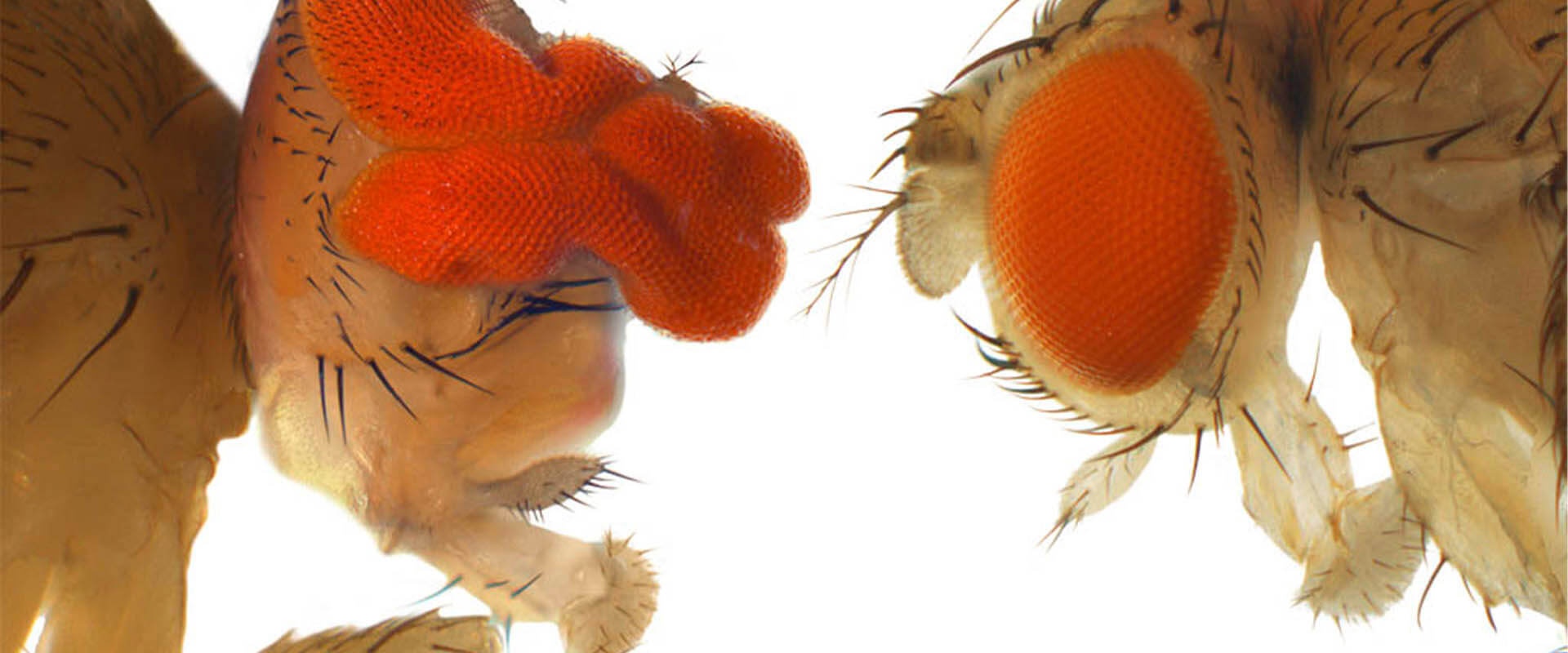 Mechanisms of growth control and cancer (PI: M. Domínguez Castellano)
Mechanisms of growth control and cancer (PI: M. Domínguez Castellano) -
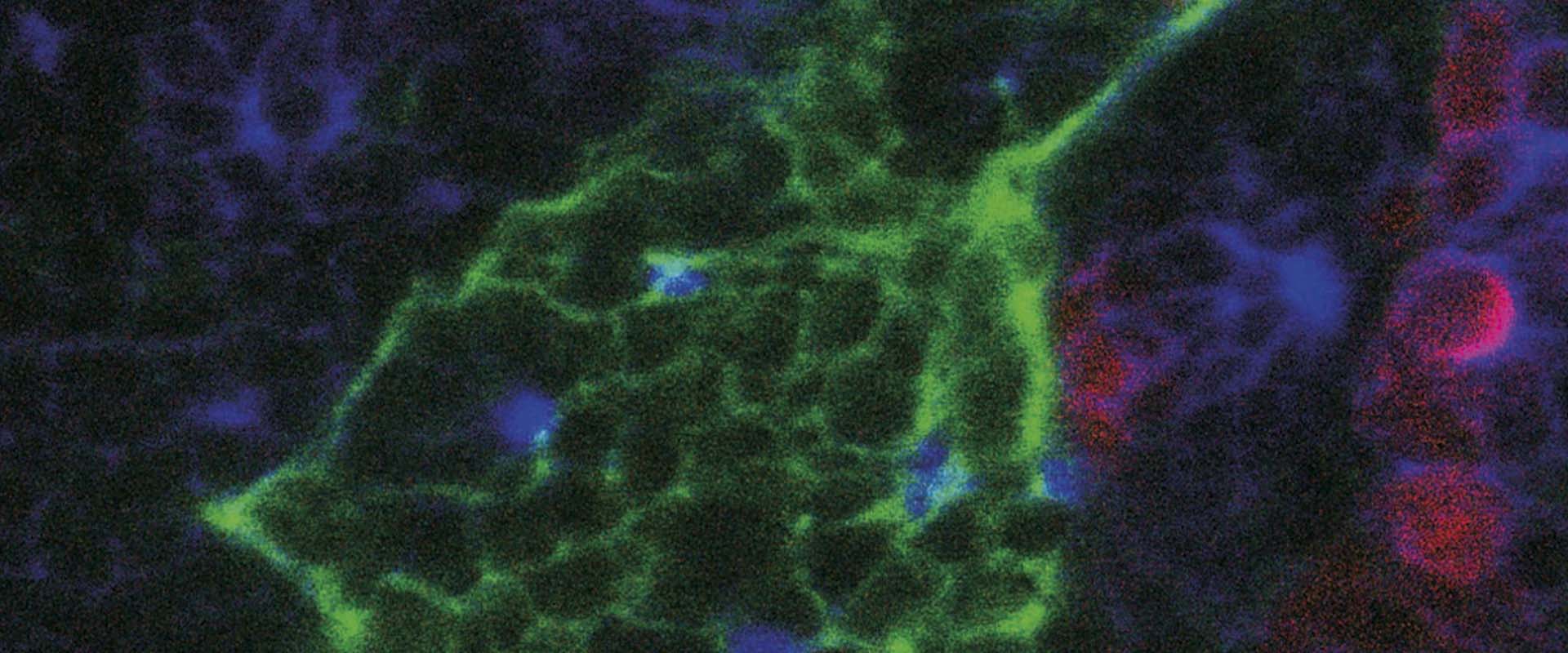 Neuroendocrine control of organ growth and sexual maturation (PI: J. Morante)
Neuroendocrine control of organ growth and sexual maturation (PI: J. Morante) -
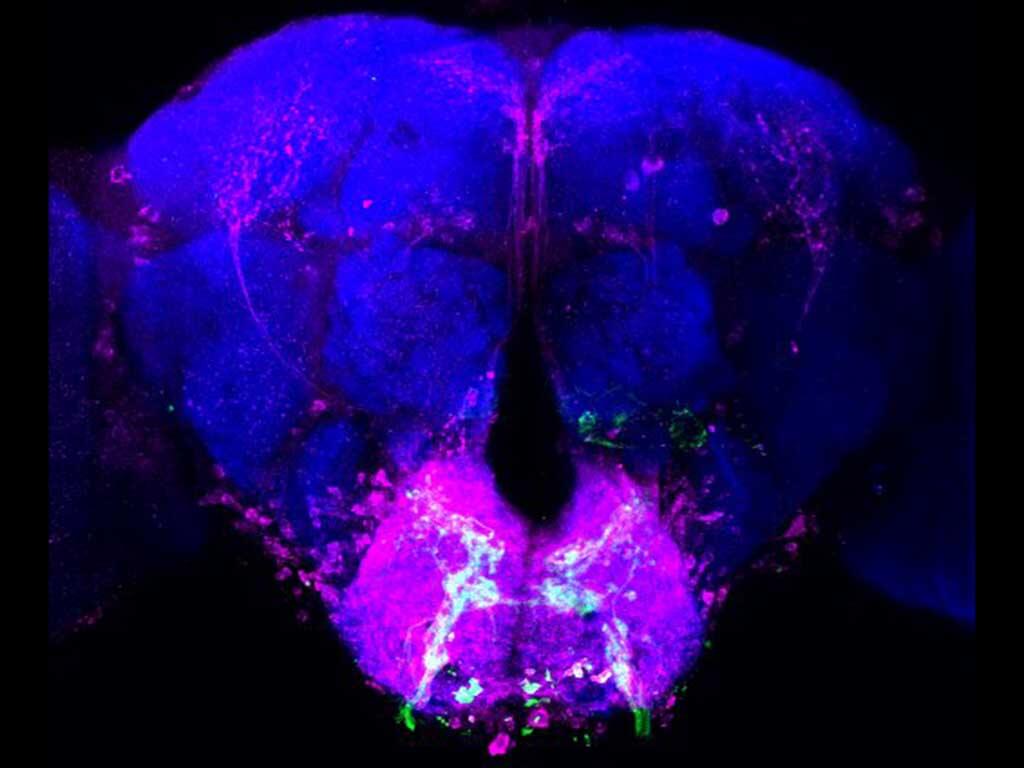 Neurogenetic basis of behavior (PI: JA. Sánchez-Alcañiz)
Neurogenetic basis of behavior (PI: JA. Sánchez-Alcañiz) -
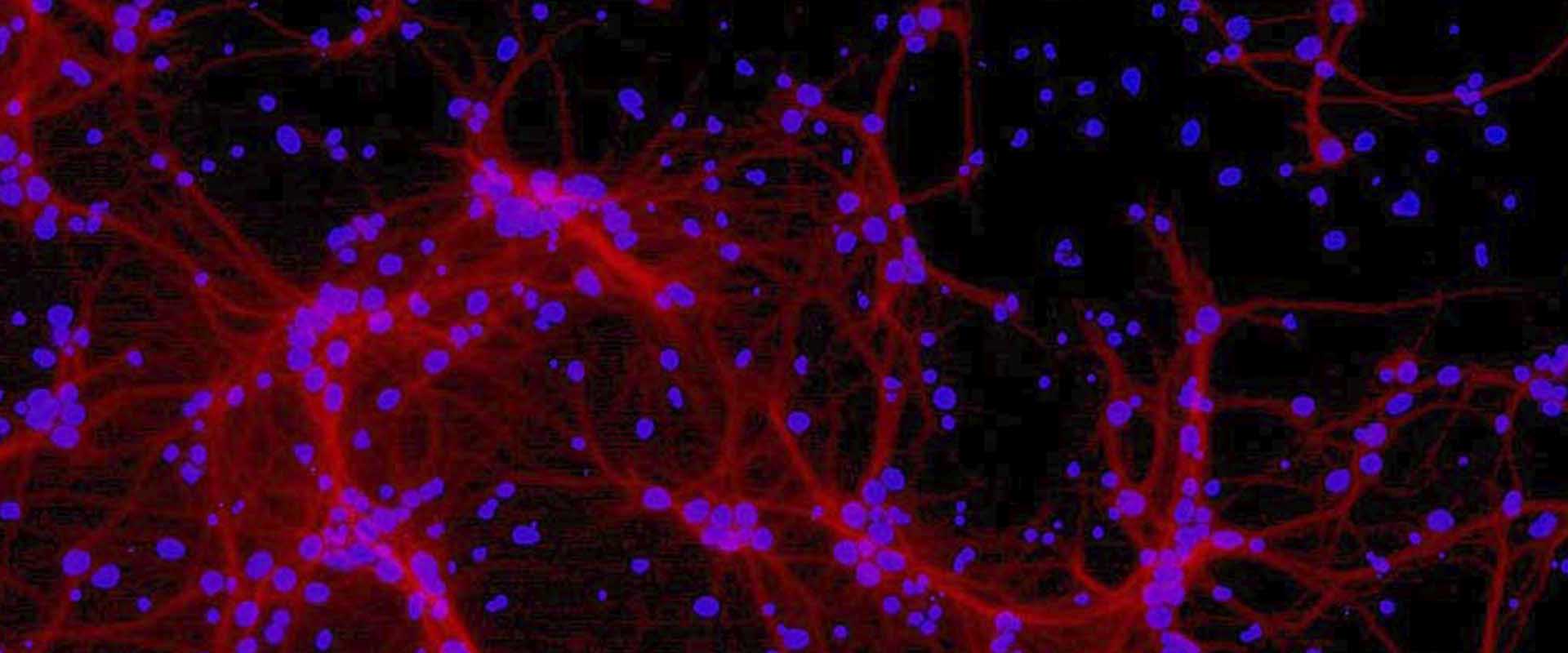 Neuropharmacology, Molecular Immunobiology and Behavior (PI: T. Femenía)
Neuropharmacology, Molecular Immunobiology and Behavior (PI: T. Femenía) -
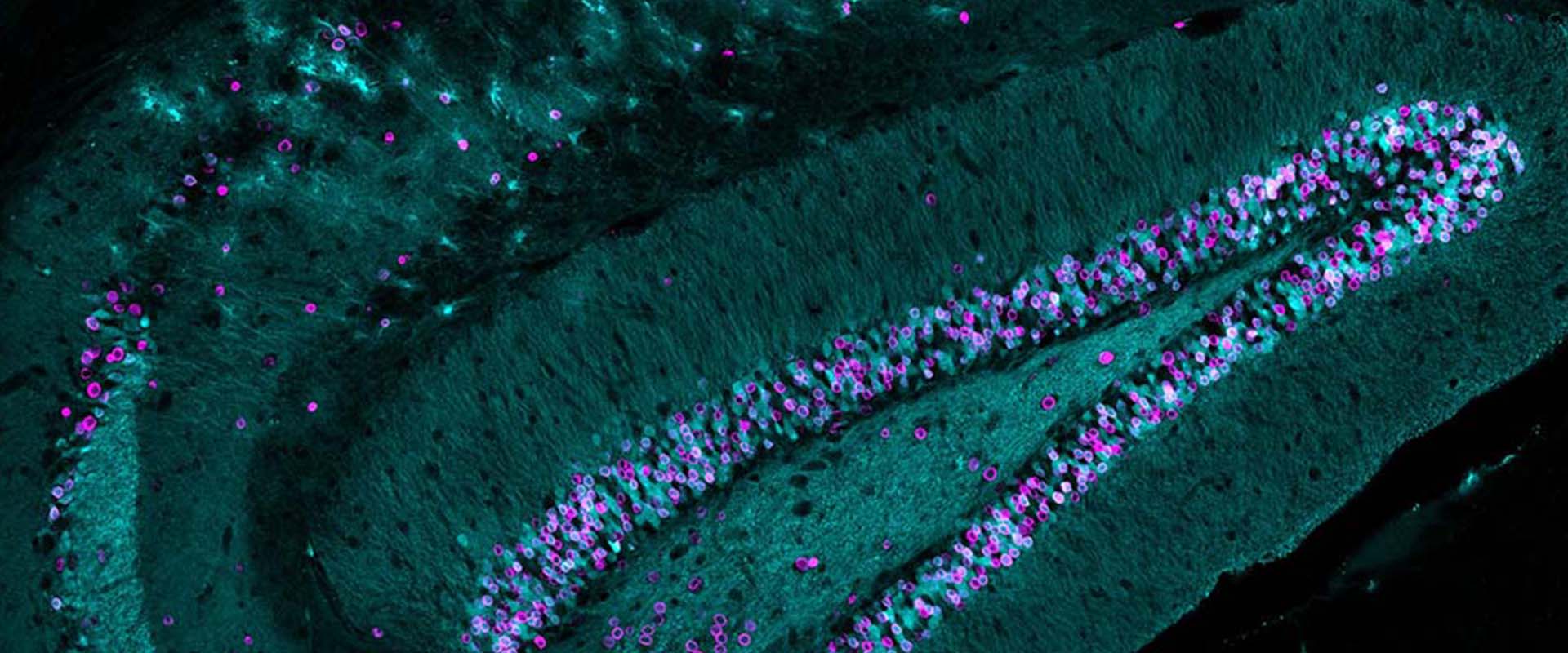 Transcriptional and epigenetic mechanisms of neuronal plasticity (PI: A. Barco)
Transcriptional and epigenetic mechanisms of neuronal plasticity (PI: A. Barco)

 Español
Español
